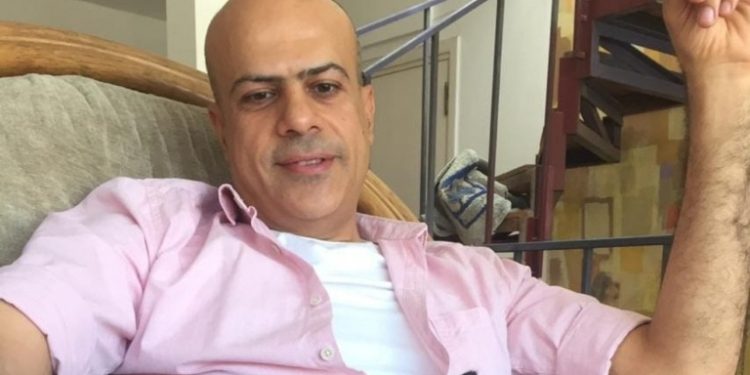The death of Egyptian economic researcher Ayman Hadhoud requires a “thorough, transparent and credible” investigation, the US State Department said in a statement issued on Monday.
The statement came a few days after Hadhoud died in a Cairo psychiatric hospital where he was sent by the security services that detained him.
“We are deeply disturbed by reports surrounding the death and custody of Egyptian researcher Ayman Hadhoud and allegations of his torture while in detention,” State Department spokesperson Ned Price said in the briefing.
“The circumstances of his detention and his treatment and of his death we think require a thorough, transparent and credible investigation without delay,” he said.
On Sunday 10 April, Hadhoud’s family announced his death in unexplained circumstances, whilst he was detained by the Egyptian security services.
Hadhoud was arrested on the evening of 3 February, after having dinner with his brother in Cairo’s Zamalek neighborhood. However, the authorities denied his detention for several days.
After acknowledging his imprisonment, the authorities denied his family visits and even communicating with him. Neither the reason for, nor the location of, his detention were given.
According to Hadhoud’s family, private sources confirmed to them that he was detained in Cairo’s Amiriya police station. He was also held for a period in the National Security headquarters in the capital, and there was subjected to severe physical and psychological torture, after which he was transferred to the Abbasid Mental Hospital, also in Cairo.
Initially, the hospital denied his presence, though admitted to it a few days after, saying that he was being held under the orders of the Ministry of Interior for 45 days, and that they, the family, would not be allowed to visit him without permission from the Public Prosecutor. This permission was denied, said the prosecutor, since Hadhoud was not within their office’s jurisdiction.
Ayman Hadhoud is a prominent economist, a graduate of the American University in Cairo, a former member of the Reform and Development Party, and a member of the National Council for Human Rights.
With the death of Hadhoud, the number of deaths in Egyptian prisons since the current regime took power reached 922 people, whether as a result of medical negligence, torture, or the mismanagement of detention centers.





























